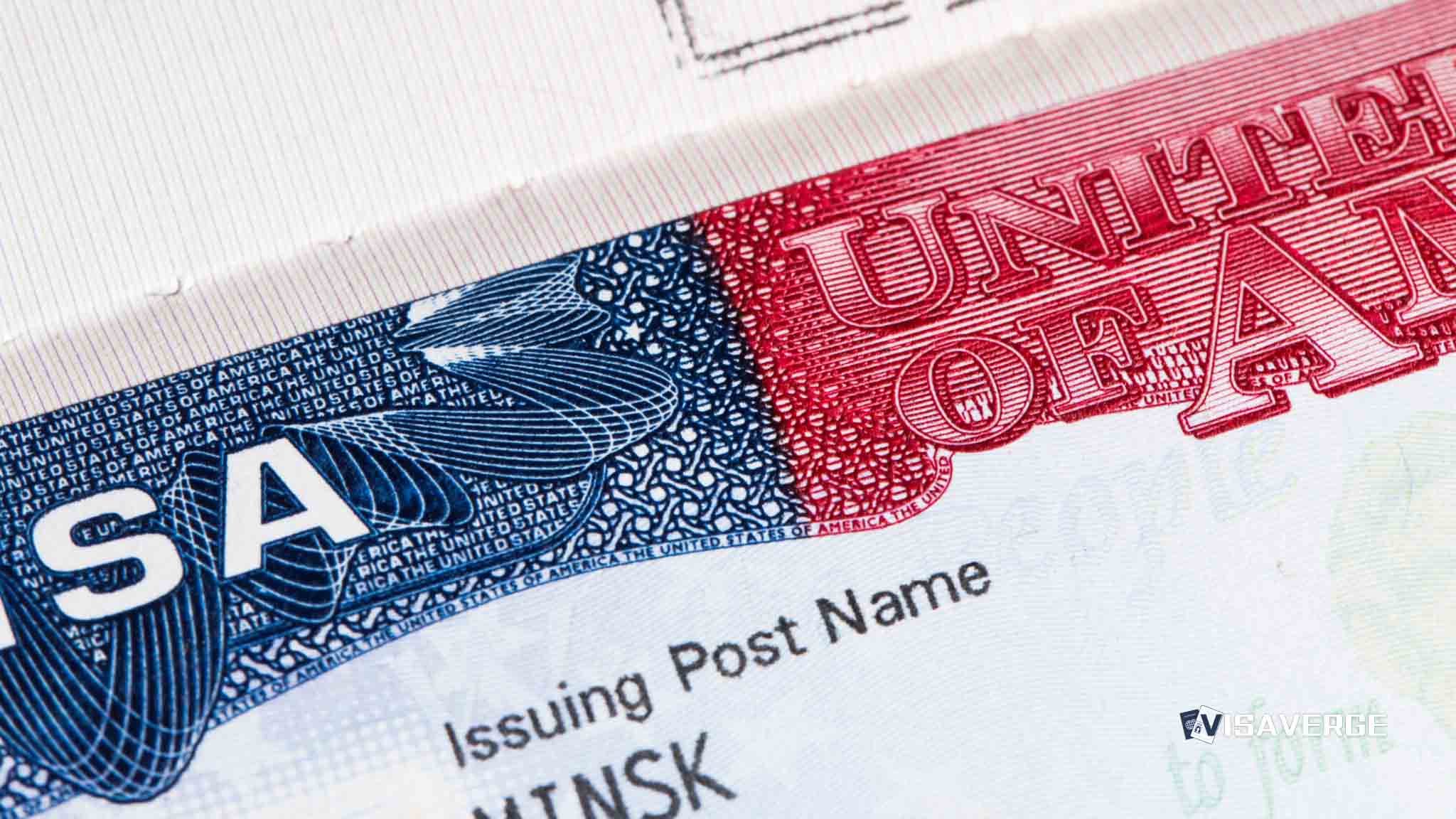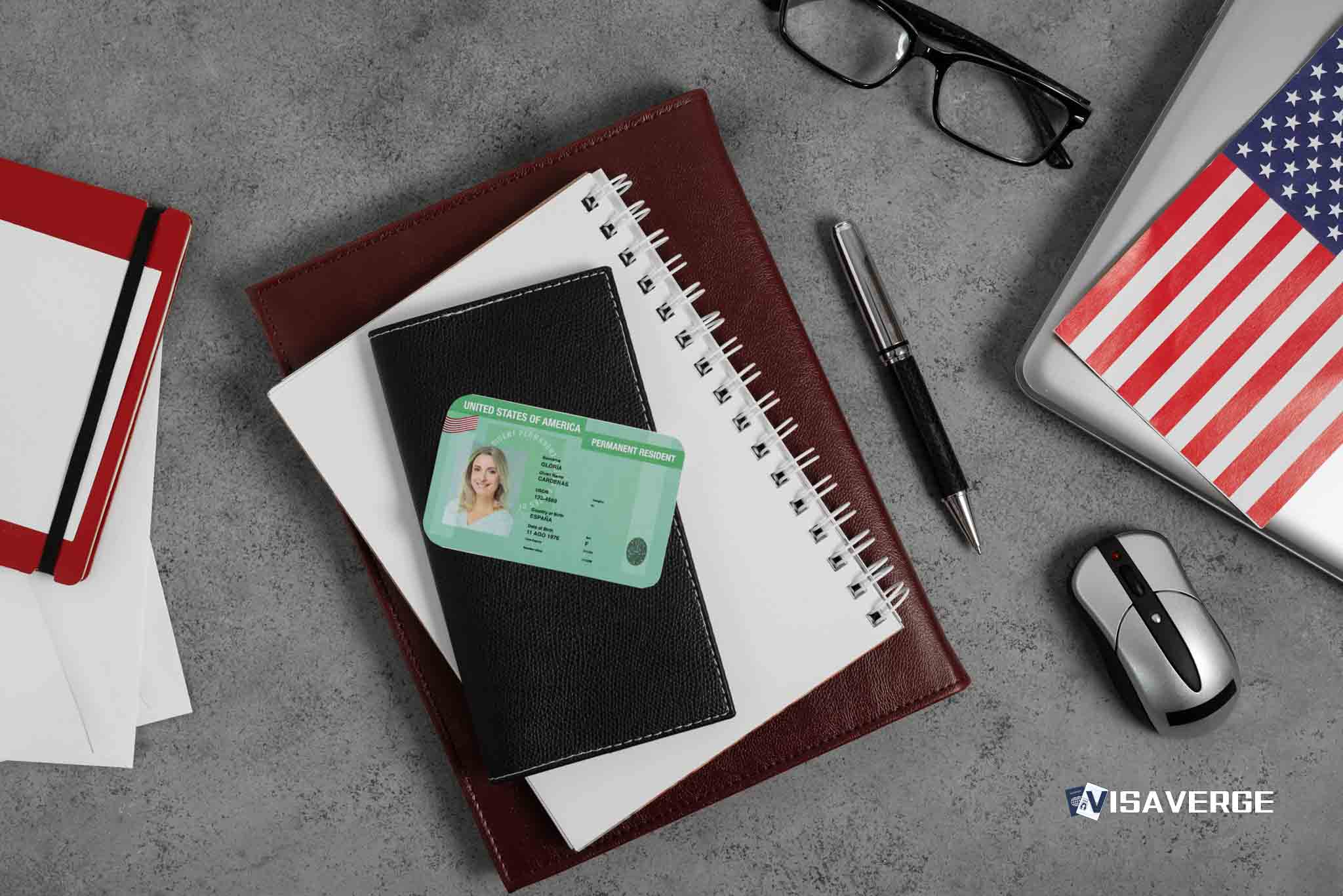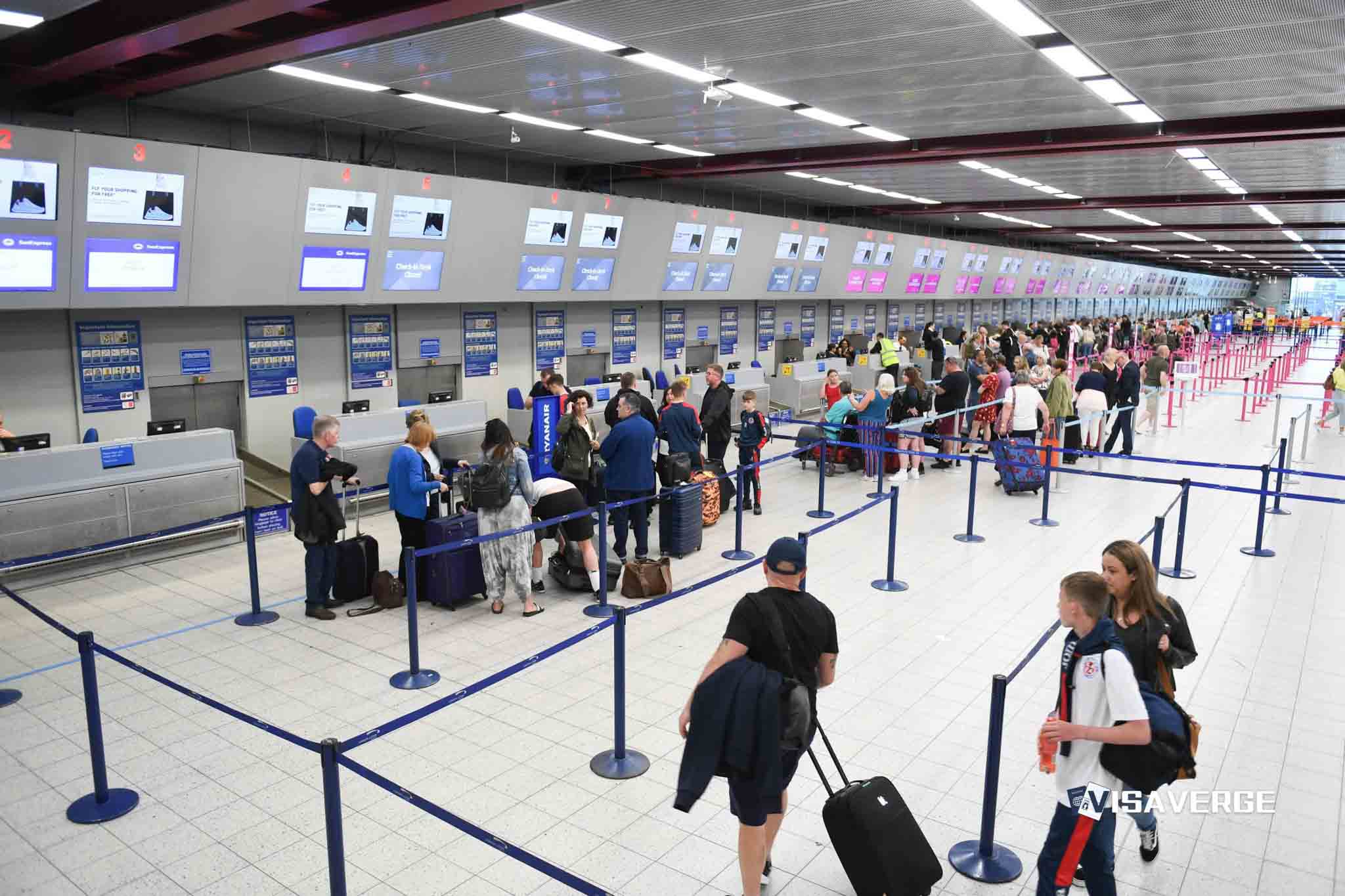How Can a Classical Musician Migrate to the US?
For classical musicians looking to expand their horizons and career opportunities, migrating to the United States presents an exciting yet intricate process. Whether you’re a solo artist, part of an ensemble, or seek to engage with the vibrant musical culture in the U.S., understanding the visa process is essential. In this guide, we’ll walk through the steps, documents required, and visa options available for classical musicians aiming to migrate to the U.S.

What Are the Visa Options for Classical Musicians?
Classical musicians typically apply for the O-1B visa, a non-immigrant visa for individuals who possess extraordinary ability in the arts or extraordinary achievement in the motion picture or television industry. This “Classical Musician Visa” acknowledges your significant contributions and achievements in the music field on an international level.
The O-1B Visa: An Overview
The O-1B visa recognizes artists who have demonstrated a record of extraordinary achievement. For classical musicians, this means having a high level of achievement evidenced by a degree of skill and recognition substantially above that ordinarily encountered. Such recognition must be renowned, leading, or well-known in more than one country.
What Documents Are Required?
To successfully apply for an O-1B visa as a classical musician, you’ll need to prepare a comprehensive package that showcases your extraordinary abilities. Here’s a checklist to get you started:
- Evidence of Awards or Recognitions: This can include international competition awards, scholarships, grants, or other honors received in the field of classical music.
- Proof of Performance History: Provide schedules, flyers, posters, or brochures from past concerts, recitals, or tours. Press reviews and critical acclaim can bolster your application.
- Letters of Endorsement: Obtain letters from industry professionals, collaborators, or former teachers who can attest to your extraordinary abilities and success as a classical musician.
- A Contract or Itinerary of Future Engagements: If migrating for specific performances, a copy of the contract or a detailed itinerary of your engagements in the U.S. is necessary.
- Past Remuneration Evidence: Demonstrate a history of receiving good compensation for your works or performances, indicative of your abilities.
How to Apply for an O-1B Visa?
Securing an O-1B visa requires careful planning and attention to detail. Here are the key steps:
- Petition Filing: Your U.S. employer or agent needs to file Form I-129, Petition for Nonimmigrant Worker, on your behalf. This form is the cornerstone of your application and must be filed at least 45 days before your intended start date but not more than one year before.
-
Gather the Required Documentation: As indicated above, collect and organize all necessary documentation to prove your extraordinary ability in classical music.
-
Consultation with a Peer Group: An advisory opinion from a peer group (a group or individual with expertise in your field) or labor organization is typically required. This consultation may either be in the form of a written advisory opinion or a waiver letter stating that the peer group has no objection to your employment in the U.S.
-
Visa Application and Interview: After USCIS approves your petition, you’ll need to apply for the O-1B visa at a U.S. Embassy or Consulate. This involves filling out online forms, paying fees, and attending a visa interview.
-
Prepare for Your Move: After receiving your visa, plan your move to the U.S., keeping in mind your start date and any housing or travel arrangements you need to make.
Are There Other Visa Options?
Yes, in some cases, other visa categories may also be applicable. For example, the P-1 visa is an option for members of internationally recognized entertainment groups. Each visa category has its own set of requirements and conditions.
Leveraging Your Talent as a Classical Musician
Choosing the right visa and preparing a compelling application package are critical steps in your journey to the U.S. Remember, the quality of your application materials can significantly impact the outcome.
As a classical musician, your unique skill set, achievements, and international recognition pave the way for opportunities in the U.S. Take the time to carefully craft your application, showcase your talent, and prepare for the move.
Where to Find Official Information?
For the most accurate and up-to-date information, always refer to the official United States Citizenship and Immigration Services (USCIS) website. For details on the O-1B visa and other visa options for artists, visit the USCIS official page.
Embarking on the journey to migrate to the U.S. as a classical musician, armed with your extraordinary abilities and the right information, you can make your dream a reality. Remember, meticulous preparation and understanding the nuances of the visa process are key to successfully navigating this exciting transition.
This Article In A Nutshell:
Migrating to the U.S. as a classical musician opens new career possibilities. Visa options include the O-1B visa for exceptional performers. Prepare proof of awards, performances, and endorsements. Follow steps like petition filing, documentation gathering, and visa interview. Research other potential visas like the P-1 category for entertainment groups. Plan thoroughly for success in your musical journey.
— By VisaVerge.com








